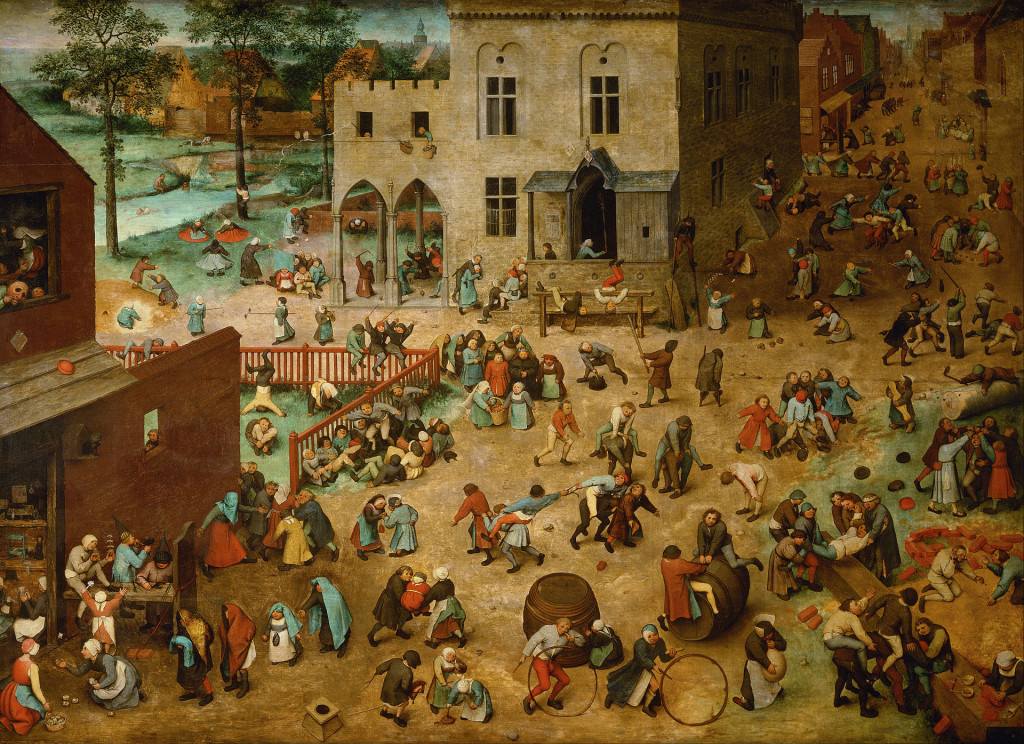By Cosmin Popan

After each visit at the Elk Creek Primary I sense a broad smile on my face which I carry for the rest of the day. Unlike the secondary school pupils at Woodland Academy, these primary school children have befriended me much quicker. But while becoming friends with some pupils could better facilitate information about and access to their peers and environments, there is always an invisible risk, which I run upon myself: becoming too friendly.
From the very first visit at Elk Creek, the pupils in Year 4 were extremely enthusiastic about my presence. I started attending classes with one group in particular whose teacher, unlike another one teaching another group of the same year, was very keen to involve me in class activities and encouraged me to move around tables to see how different pupils are performing:
This generated a bit of a competition amongst pupils who wanted to get me to sit at their table, effectively begging me to join them. This was both flattering and puzzling since I didn’t want to upset any of them. I ended up moving from table to table during the class and assisting pupils with their reading skills, understanding the difference between past and present tenses and formulating subordinate clauses. All this time I had to make sure I do not come across as a second teacher who is guiding and evaluating them, but rather one of their peers, which they can trust and confide in.
Field notes, 21 January 2020
Following Mayeza’s (2017) advice to adopt ‘the least-adult role’ or the ‘least-teacher role’ seemed to yield results when I was dragged by the pupils to join them in the playground during break time. As soon as I arrived there I was almost assaulted by their curiosity, which literally took me by surprise. As this happened, I realised I have completely forgotten what’s it like to be their age:
I was compelled to answer a broad range of personal questions, starting in the class and continuing soon after in the playground, which made me realise the complex positionality of my research: after all I am 30 years older than they are! Their questions were confusing, cheeky, impossible to answer, but, most importantly, a hopeful sign that I was accepted in their group: ‘What is your name? Are you Chinese? Do you speak Spanish? How old are you? Are you married? Do you have children? Are you on TikTok (a popular mobile application)? You don’t know “Dream it possible” (a popular song, it seems) ??? Can you do the floss dance?’ A significant challenge in this exercise was balancing out my role as a researcher and peer. I had to rebuff being called ‘sir’, resist signing autographs on their textbooks (!) and figure out how to interpret and keep cool while one girl was casually walking while holding my hand for five minutes in the playground.
Field notes, 21 January 2020
The participant observation became a week later an ‘observant participation’, a term that Wilkinson (2017) uses to describe her immersion in the fieldwork undertaken at a youth-led community radio station. Observant participation, she argues, can enable insight into the functioning, relationships, rules and peculiarities of the place and people while representing ‘an important rite of passage in fieldwork, affecting the richness of data I was able to gather’ (2017: 616). In my case, this rite of passage occurred in the same playground, when I joined children in their play:
Following the class, I have joined them for lunch and the break. As last week, Afna (and her colleagues) dragged me to play ‘Catch me’ in the playground, a game I got more seriously involved than last time. The headteacher eventually told me I should stop doing this for safeguarding reasons (saying that touching was particularly ‘problematic’). It made sense, but I seem to have gotten carried away in my attempt to befriend the kids in the playground.
Field notes, 28 January 2020
The above notes indicate that the role of observant participation should be constantly scrutinised when working with pupils. While I have undergone safeguarding training and undertaken Disclosure and Barring Service check before entering the fieldwork, I felt I have exposed myself in this particular instance. During my consecutive visits, I was much more attentive not to do ‘too much playing’ while also maintaining for as much as possible ‘the least-adult role’ or the ‘least-teacher role’.
Note: The name of the school and pupils have been anonymised.
